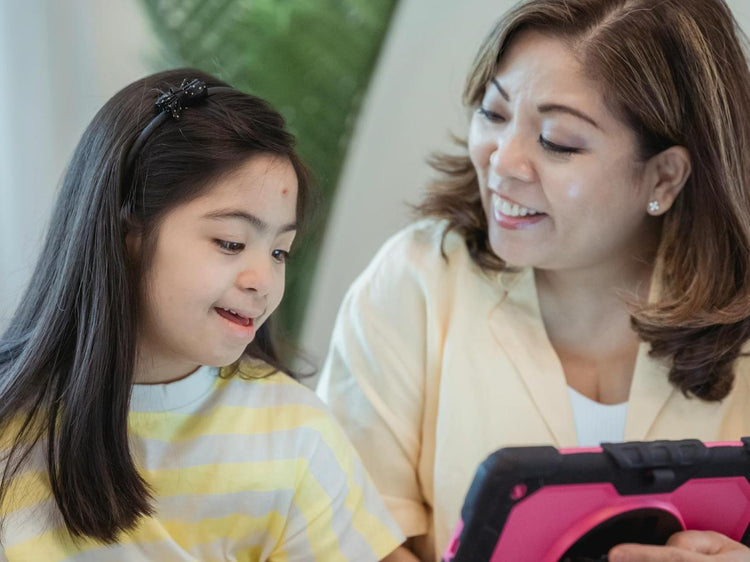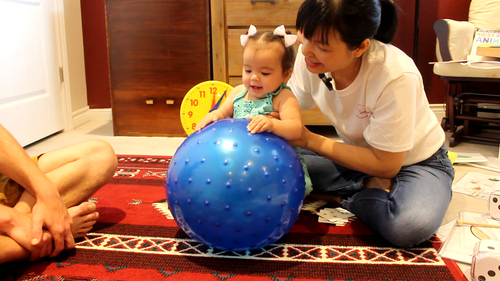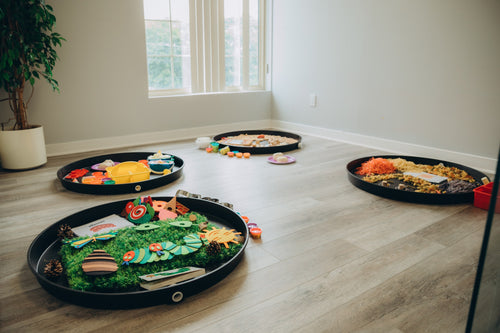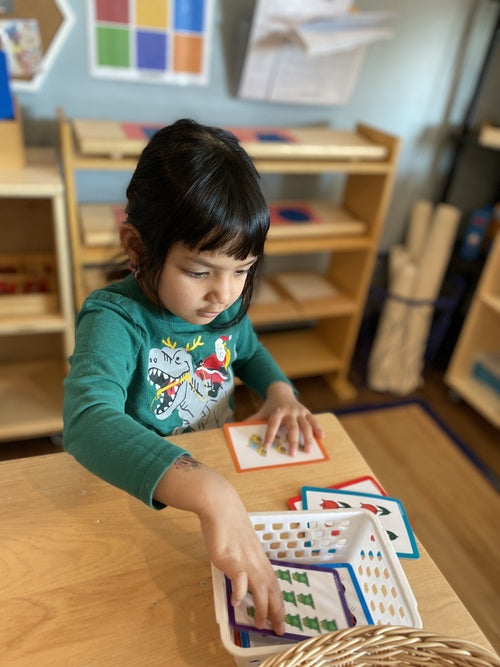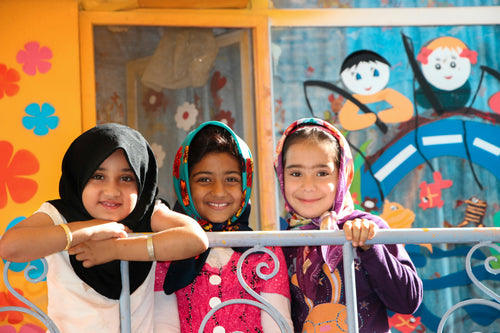In early childhood education, fostering holistic development is paramount, particularly when it comes to special education. Early intervention and tailored teaching strategies can make a significant difference in the lives of children with special needs. One approach that has gained attention in recent years is whole brain development. This approach emphasizes nurturing both the left and right hemispheres of the brain to ensure a balanced cognitive, emotional, and physical growth. In the context of special education in early childhood, whole brain development offers a comprehensive framework that can support children with diverse needs, helping them reach their full potential.
Understanding Whole Brain Development
Whole brain development is an educational approach that integrates activities and exercises designed to stimulate both hemispheres of the brain. The left hemisphere is typically associated with logical thinking, language processing, and analytical skills, while the right hemisphere is linked to creativity, intuition, and spatial awareness. By engaging both sides of the brain, educators can create a more well-rounded learning experience that caters to different learning styles and needs.
In special education in early childhood, where children often have unique learning challenges, whole brain development can be particularly beneficial. Traditional education methods may focus heavily on left-brain activities such as reading, writing, and math. However, for children with special needs, integrating right-brain activities like music, art, and movement can enhance their learning experience, making it more inclusive and engaging.

The Importance of Early Intervention in Special Education
Early childhood is a critical period for brain development. During this time, the brain is highly plastic, meaning it can adapt and change in response to different stimuli. This neuroplasticity is especially important in special education, where early intervention can lead to significant improvements in a child's cognitive, social, and emotional development.
For children with special needs, early intervention through whole brain development can help address developmental delays and learning difficulties. By introducing activities that stimulate both hemispheres of the brain, educators can create a learning environment that supports the child's individual needs, helping them build essential skills and confidence.
Implementing Whole Brain Development in Special Education
Implementing whole brain development in special education requires a thoughtful approach that considers the unique needs of each child. Here are some strategies that can be used to incorporate whole brain development into special education in early childhood:
1. Incorporating Movement and Physical Activity
Physical activity is crucial for brain development, as it helps improve motor skills, coordination, and cognitive function. In special education, incorporating movement into daily routines can stimulate both sides of the brain. Activities like dance, yoga, and simple exercises can be adapted to suit the child's abilities, making learning more interactive and fun.
2. Using Music and Rhythm
Music is a powerful tool for stimulating brain activity. It engages both the left and right hemispheres, promoting language development, memory, and emotional regulation. In special education, incorporating music into lessons can help children with speech and language difficulties, as well as those with sensory processing issues. Singing, playing instruments, and rhythmic activities can also improve coordination and social skills.
Learn more about best music for infant's brain development here
3. Incorporating Visual and Spatial Activities
Visual and spatial activities, such as drawing, painting, and building with blocks, engage the right hemisphere of the brain. These activities can be particularly beneficial for children with special needs, as they encourage creativity, problem-solving, and fine motor skills. In special education in early childhood, incorporating visual arts into the curriculum can provide an alternative way for children to express themselves and learn new concepts.
4. Encouraging Social Interaction and Emotional Development
Social interaction and emotional development are essential components of whole brain development. For children with special needs, social skills may not come naturally, so it's important to create opportunities for interaction in a supportive environment. Group activities, cooperative games, and role-playing can help children develop empathy, communication skills, and emotional regulation. In special education, these activities can be tailored to meet the child's developmental level and needs.
5. Integrating Technology
Technology can play a significant role in whole brain development for special education in early childhood. Educational apps and games designed to stimulate both sides of the brain can provide personalized learning experiences for children with special needs. These tools can be used to reinforce concepts, improve cognitive skills, and offer visual and auditory stimulation. However, it's important to use technology mindfully and in moderation, ensuring that it complements other hands-on and interactive activities.
The Role of Educators and Parents
Educators and parents play a crucial role in supporting whole brain development in special education. Collaboration between teachers, parents, and specialists is key to creating a cohesive learning environment that meets the child's needs.
1. Educator's Role
Teachers in special education should be trained in whole brain development techniques and strategies. They need to be flexible and creative in their approach, adapting lessons to suit the individual learning styles of their students. Ongoing professional development and collaboration with other educators and specialists can help teachers stay informed about the latest research and best practices in whole brain development.
2. Parent's Role
Parents are integral to their child's development, and their involvement is crucial in reinforcing whole brain activities at home. Parents can support their child's learning by incorporating brain-stimulating activities into daily routines, such as reading together, playing music, and engaging in creative play. Communication with educators is also important, as it ensures that both home and school environments are aligned in their approach to supporting the child's development.

The Benefits of Whole Brain Development in Special Education
The benefits of whole brain development in special education are numerous. By engaging both hemispheres of the brain, children with special needs can experience:
- Improved Cognitive Skills: Whole brain development can enhance cognitive functions such as memory, attention, and problem-solving. This is particularly important for children with learning disabilities or developmental delays.
- Enhanced Social and Emotional Skills: Activities that promote social interaction and emotional regulation can help children with special needs develop empathy, communication skills, and self-awareness.
- Increased Confidence and Self-Esteem: Whole brain development encourages a well-rounded learning experience that caters to the child's strengths and interests. This can boost their confidence and self-esteem, making them more motivated to learn.
- Better Adaptability and Flexibility: By engaging both sides of the brain, children can develop a more flexible and adaptable mindset. This is especially important for children with special needs, who may face challenges in adjusting to new situations or learning environments.
Whole brain development offers a comprehensive and inclusive approach to special education in early childhood. By stimulating both hemispheres of the brain, educators can create a balanced learning environment that supports the unique needs of children with special needs. Early intervention, coupled with activities that promote cognitive, social, and emotional development, can make a significant difference in a child's life, helping them reach their full potential. As educators and parents continue to collaborate and innovate, the future of special education in early childhood looks promising, with whole brain development leading the way to more inclusive and effective learning experiences.

